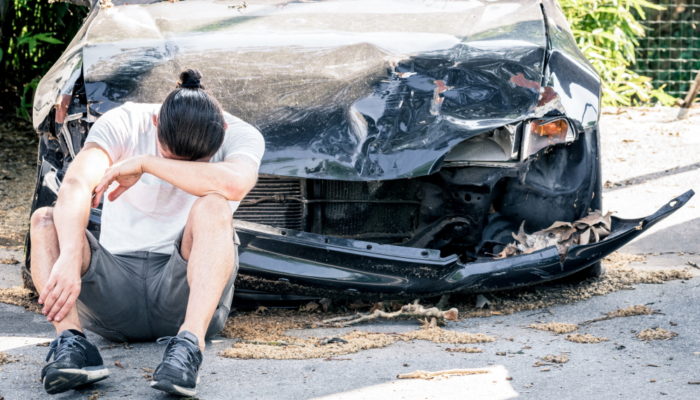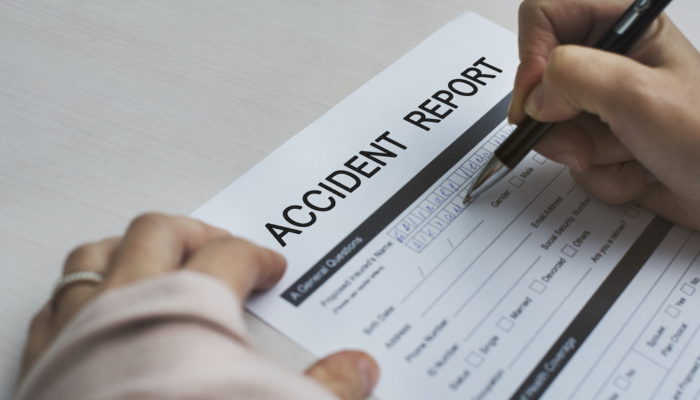Lady Bird or Ladybird deeds are recognized in a number of statesincluding Florida. Each state has its own requirements for validity, so it is important to use a lady bird deed form specifically designed for use in the state where the property is located. The lady bird deed in Florida allows one to avoid probate court, reserve powers to the current owner, maintain Medicaid eligibility, and qualify for the Florida Homestead exemption.
A lady bird deed is a way to transfer property to someone else outside of probate while retaining a life estate in the property. This type of deed got its nickname when former President Lyndon Johnson used it to convey real property to his wife, Lady Bird Johnson.
Specifically, a lady bird deed is a transfer of property to another with a reservation of a life estate, which means a person can transfer property and retain ownership in the subject property until death, at which point it will then transfer to the other. With the Florida lady bird deed, a current owner or owners canconvey tothemselves and/or retain a life estate interest (enhanced life estate) in their property. A life estate is a right to live in the property until death. When they die, the real property passes to their beneficiaries designated in the lady bird deed, called the remaindermen.
It is also known as an enhanced life estate deed, which allows the estate holder to convey or mortgage the property without the approval of the remainderman. This gives the property owner of the life estate flexibility during the owner’s lifetime.
The single biggest advantage to securing a Lady Bird Deed in Florida is that, after death, the owner’s estate can avoid probate, and for now, the remaindermen or beneficiaries get the property at a stepped-up basis regarding capital gains. When figuring capital gains taxes, property transferred in a lady bird deed gets taxed on the value of the property on the date of the owner’s death, instead of the owner’s tax basis when purchased. This usually results in a much lower tax. During the current owner’s lifetime, it does not affect Medicaid eligibility, and the current owner remains eligible for the Homestead Exemption. While a lady bird deed may cost a little more than another type of deed due to its potential complexity, it is still less expensive to obtain than a trust or going through probate. Also, to record a deed, documentary stamp taxes are ordinarily paid. With a Florida lady bird deed, there is no need to pay the taxes immediately. The reason for this is that there is no immediate transfer of ownership. The taxes may be due, however, when the person holding the estate passes away.
If you should have any additional questions or would like to discuss your situation, concerns and needs, please call an Attorney at CASERTA & SPIRITI.










